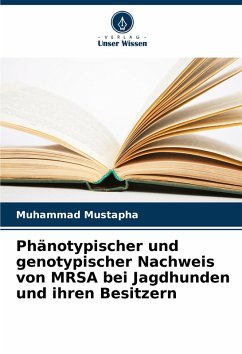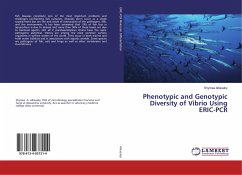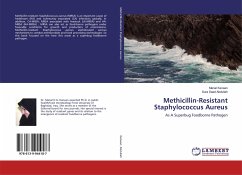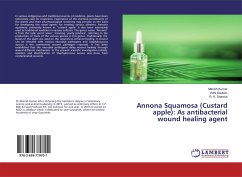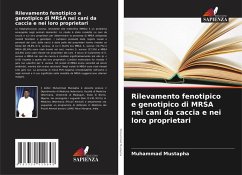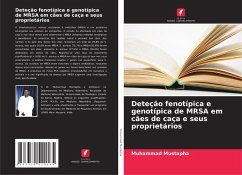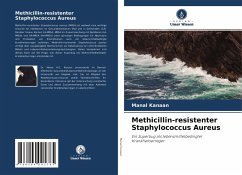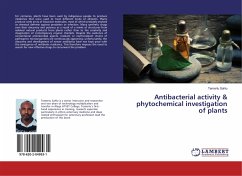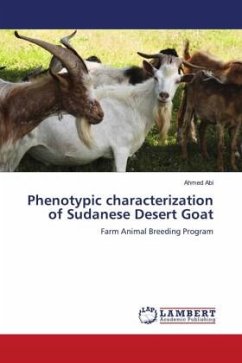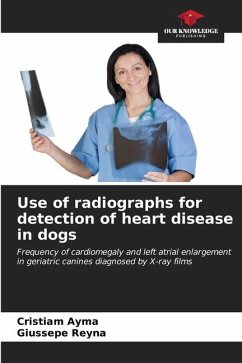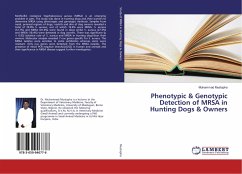
Phenotypic & Genotypic Detection of MRSA in Hunting Dogs & Owners
Versandkostenfrei!
Versandfertig in 6-10 Tagen
37,99 €
inkl. MwSt.

PAYBACK Punkte
19 °P sammeln!
Methicillin resistance Staphylococcus aureus (MRSA) is an emerging problem in pets. The study was done in hunting dogs and their owners to determine MRSA using phenotypic and genotypic methods. Samples from nasal, perineal regions of dogs, nostrils and skin of dog owners revealed a total of 29.8% S. aureus, out of which 16.6% were MRSA. S. aureus (72.7%) and MRSA (81.6%) were found in dogs whilst S. aureus (27.5%) and MRSA (18.4%) were detected in dog owners. There was significant (p 0.05) isolation rate of S. aureus and MRSA in hunting dogs than their owners. Molecular analysis revealed 7 nuc...
Methicillin resistance Staphylococcus aureus (MRSA) is an emerging problem in pets. The study was done in hunting dogs and their owners to determine MRSA using phenotypic and genotypic methods. Samples from nasal, perineal regions of dogs, nostrils and skin of dog owners revealed a total of 29.8% S. aureus, out of which 16.6% were MRSA. S. aureus (72.7%) and MRSA (81.6%) were found in dogs whilst S. aureus (27.5%) and MRSA (18.4%) were detected in dog owners. There was significant (p 0.05) isolation rate of S. aureus and MRSA in hunting dogs than their owners. Molecular analysis revealed 7 nuc genes specific for S. aureus. The MRSA isolates were sensitive to some antibiotics whereas some were resistant. Only nuc genes were detected from the MRSA isolates. The presence of mecA PCR negative (mecALGA252) in human and animals and their significance in MRSA disease suggest further investigation.



